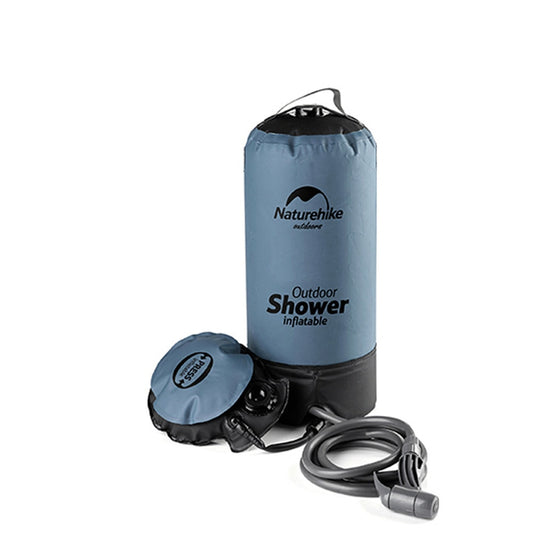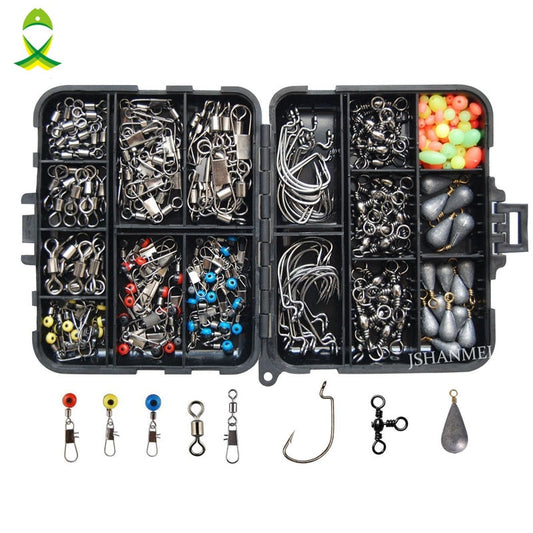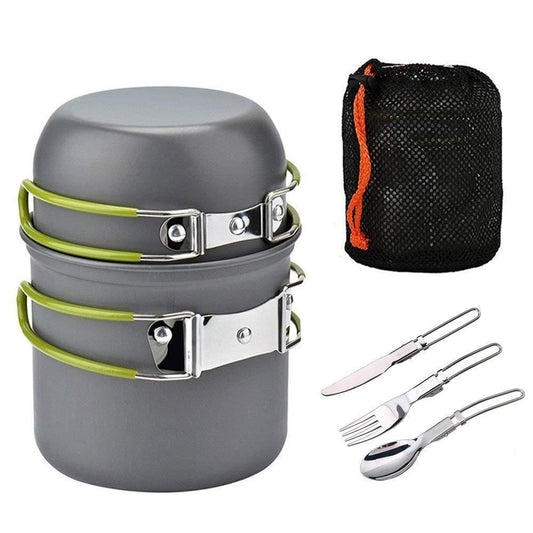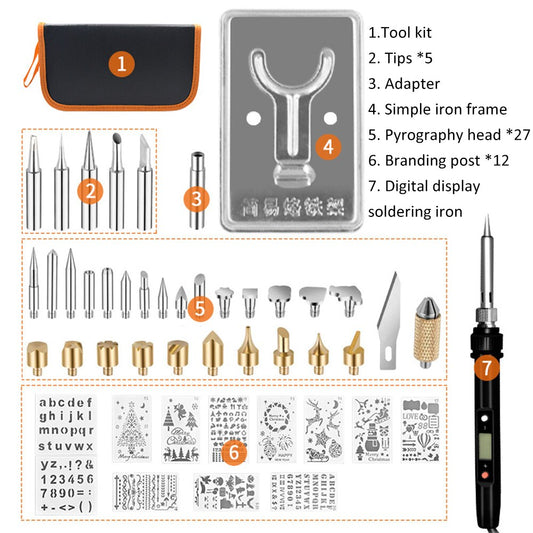
What A Beginner Needs To Know About Raising Chickens
Share
Raising chickens can be a fun and rewarding experience, but it requires careful planning and preparation. However, with the current prices of eggs at the supermarket many people are now turning to raising their own chickens, so they have fresh eggs without paying the high egg rates at the store.
There are several reasons why you may choose to raise chickens for eggs rather than buying them at the store:
- Freshness and Quality: Freshly laid eggs have a different taste, texture, and nutritional value than store-bought eggs. Home-raised eggs are usually richer, more flavorful, and more nutritious.
- Control over the chickens' diet: When you raise your own chickens, you have control over what they eat, which directly affects the quality of their eggs. You can choose to feed your chickens organic or non-GMO feed, for example, and you'll know exactly what they're consuming.
- Better for the environment: Raising chickens in your own backyard can be more environmentally friendly than buying eggs from large-scale commercial operations. You can reduce waste by composting the chicken manure and using it as fertilizer for your garden, and you'll have less packaging waste from egg cartons.
- Sense of accomplishment: Raising chickens can be a fulfilling hobby and a great source of pride. You'll have the satisfaction of producing your own food and knowing where it comes from.
- Reduced cost: Although there is an initial cost associated with setting up a coop and buying chickens, raising your own chickens can actually be more cost-effective in the long run. You'll save money on eggs, and you may also be able to sell surplus eggs to friends, family, or neighbors.
Overall, raising chickens for eggs offers many benefits that go beyond simply providing fresh eggs. Whether you're looking to save money, produce your own food, or simply enjoy a new hobby, raising chickens can be a great choice.
Here are some important things to consider when starting out:
- Choose the right breed: Different breeds of chickens have different temperaments, egg-laying abilities, and hardiness. Consider what you want from your chickens (such as meat, eggs, or companionship) and choose breeds that fit those needs.
- Housing: Chickens need a safe and secure place to live, known as a coop. Your coop should be large enough for the number of chickens you have, and provide adequate ventilation, protection from predators, and a roosting area.
- Feed and water: Chickens need a balanced diet of feed, water, and occasional treats. Make sure they have access to clean water at all times, and feed them a commercial chicken feed that provides all the necessary nutrients.
- Health and safety: Keep your chickens healthy by monitoring their behavior, looking for signs of illness, and regularly cleaning their coop. Chickens are also at risk from predators, so make sure their housing is secure and protect them from outdoor hazards.
- Laws and regulations: There may be local laws and regulations regarding the keeping of chickens, so be sure to check with your city or county government before setting up your coop.
- Patience and commitment: Raising chickens requires time, patience, and a commitment to their care. Regular tasks include feeding, watering, collecting eggs, and cleaning the coop.
By following these guidelines, you'll be well on your way to successfully raising happy and healthy chickens.
























